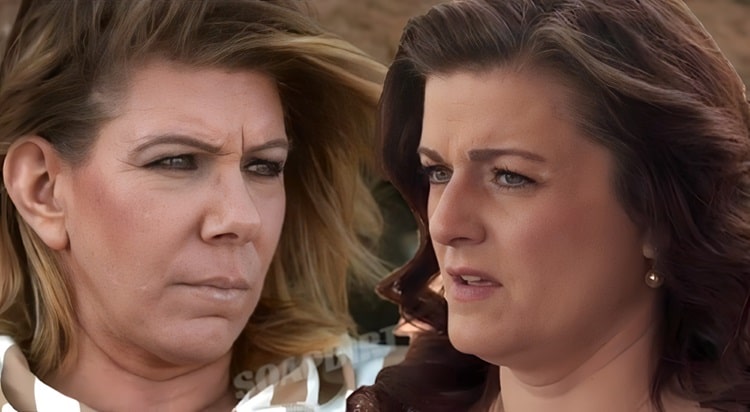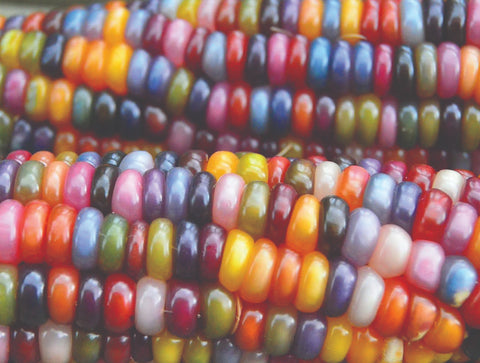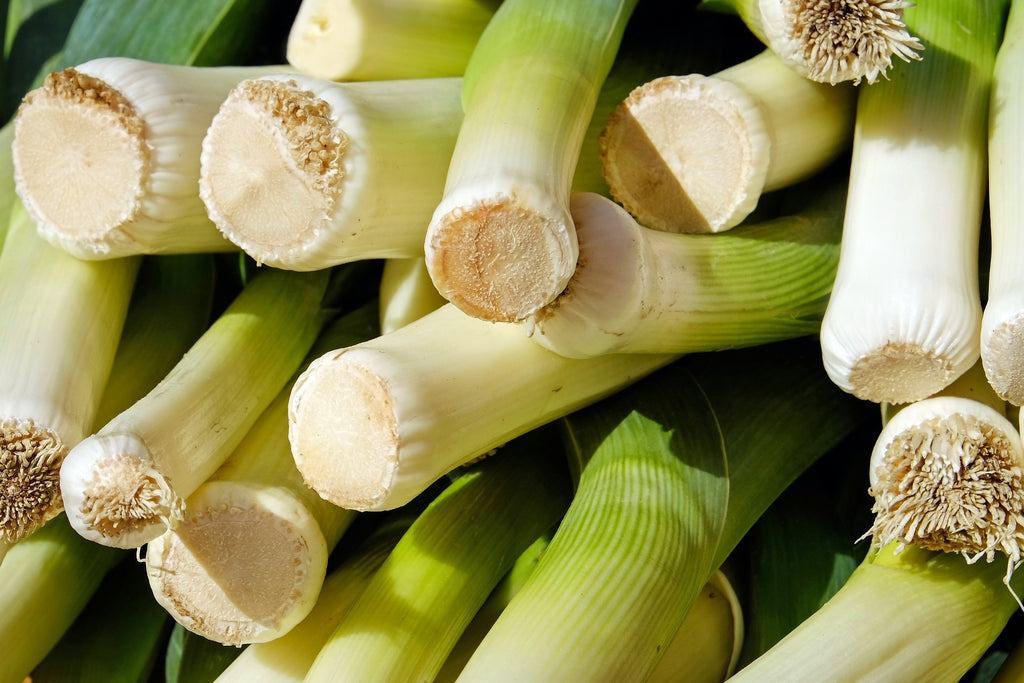Seeds are interesting little gems! Sometimes we try and try to get them to germinate - especially those gorgeous native wildflowers - and they just won’t! What you may be missing is stratification. What is Cold Stratification? Many plants...
Seeds are interesting little gems! Sometimes we try and try to get them to germinate - especially those gorgeous native wildflowers - and they just won’t! What you may be missing is stratification.
What is Cold Stratification?
Many plants native to areas with winter weather must experience a period of cold and wet conditions before they will germinate. This prevents seeds of many species from germinating at the wrong time of year, when environmental factors are not just right for seed survival! Cold stratification is the process of providing or creating these conditions in order to help seeds germinate effectively.
Why Stratify Your Seeds?
Several years ago, one of our seed growers, Kim Bailey, conducted what we refer to as “The Great Milkweed Germination Test.” We were on the hunt to find the conditions that help this notoriously low-germ plant to germinate better! The test showed with great success that cold-moist stratification could increase germination from 4% with no stratification to 80% with! And while this is the only official test that we’ve run, cold-moist stratification can increase germination for many, many plants.

What Seeds Should You Stratify?
Most domesticated and warm temperature vegetables do not need cold stratification. You should consider stratifying your seeds when you’re growing plants native to colder areas, such as many herbs and perennial flowers. You can also check out our collection of seeds to stratify.
How to Stratify Seeds
There are two main ways to stratify your seeds:
Let Mother Nature do what she does best Recreate winter in your refrigeratorYou can plant your seeds outside after the first frost (but before the ground completely freezes) and let the cold wet soil do what it does on its own! These are the conditions these seeds are meant to germinate in. As is the nature of nature, this method can be imperfect. As these seeds will spend up to several months outdoors, they can rot, be eaten by animals and birds, get washed away, and leave you with fairly scattered germination. If you’re growing a natural-looking garden - this is great! But if you want something a little more exact, we recommend using the second method. Stratification can be easily done in your refrigerator.
The exact timing of stratification depends on the variety but typically we recommend six to ten weeks. So, six to ten weeks before you’re ready to plant, place seeds in a zip-lock bag with a handful of slightly dampened coco fiber or even just a paper towel. Seal and label the bag with the seed name and date and store in the refrigerator (not the freezer). Be sure to keep the coco fiber or paper towel slightly damp throughout the course of treatment. After treatment, your seed is ready to plant!
Stratification is easy and can increase your germination rates significantly, providing herbs and flowers galore for your stunning garden!

|
Article Written by: Hannah Gibbons |
|
About the Author: Hannah Gibbons, an employee at Sow True Seed since 2020, has nearly a decade of experience in the agricultural industry. Their passion for environmental education and regenerative agriculture has been the cornerstone of their work, aimed at making gardening accessible to all. |














